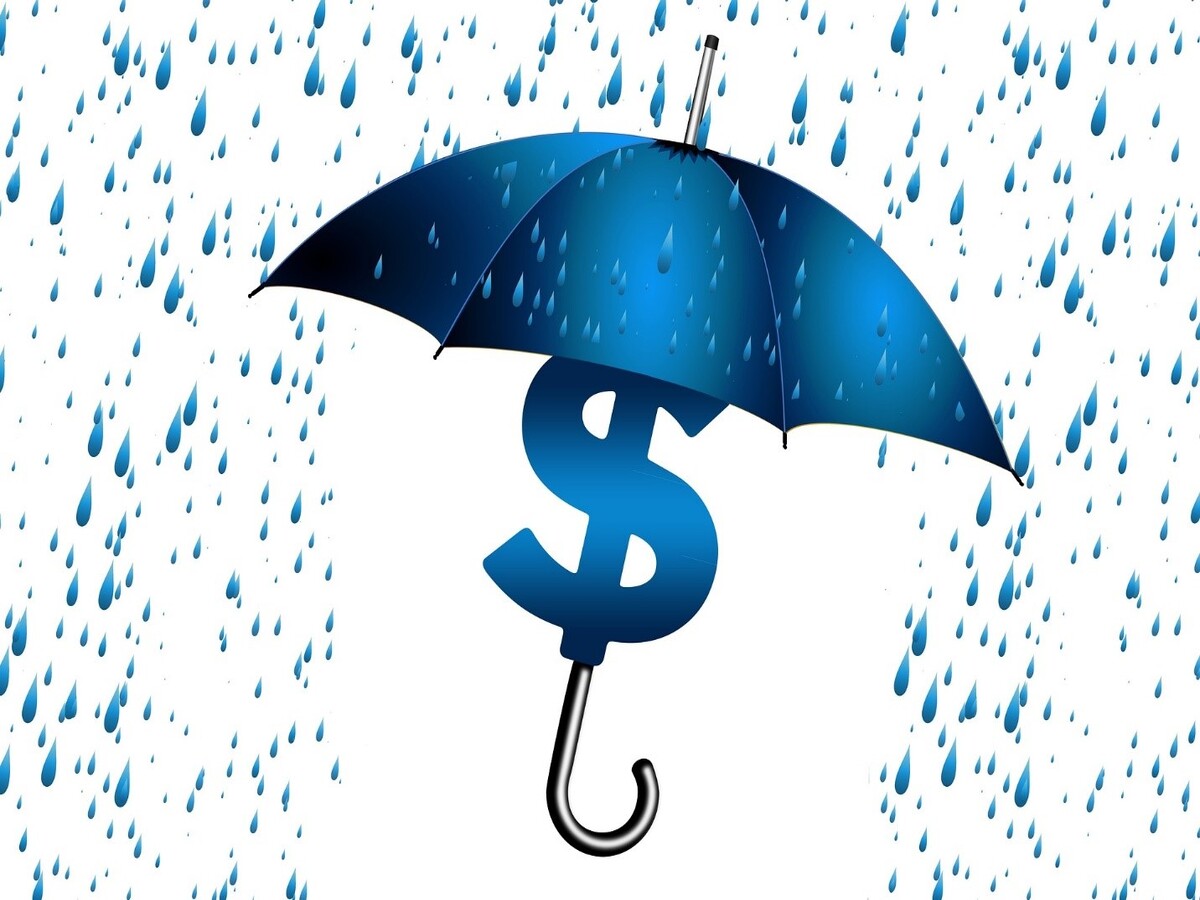Many small business owners only focus on protecting their cash flow, getting a few employees, and working on business growth. But as the business grows, many risks crop up that might drain you financially and threaten the life of your business.
Having business insurance is like having a safety net protecting you from events that might affect your bottom line.
However, not any other insurance type or provider can work for your small business. You have to think about the type of business you’re running and the risks you’re likely to face. Here are some questions that will help you choose small business insurance.
Why Do You Need Business Insurance?
Before taking any type of insurance, you must understand whether your business truly needs it. What are your risk levels, and can the coverage be enough for it?
Once you own a business, you must expect any unexpected events to hit it. Imagine a cyberattack that affects your client’s privacy, and you need a lot of money to fix it. What about an accident at your company, and now you need to pay worker’s compensation?
If you pay these costs out of your pocket, you’ll drain your business financially. However, not all risks are worth paying premiums for. Ensure you understand the risks involved in your business and whether you can easily cover them out of your pocket or need insurance coverage.
What Are the Types of Business Insurance Available?
There are many types of insurance covers, and not all apply to every kind of business. Many small businesses start with getting the Business Owner’s Policy (BOP). This type of insurance combines three coverages including:
- General Liability Insurance
- Business Income Insurance
- Commercial Property Insurance
While the above coverages are essential ones, you can add more based on the type and size of your business. For example, if you have employees, you might want to add Worker’s Compensation insurance. If your business is exposed to cyber-attacks, you’ll need to have cyber insurance.
How Much Does a Small Business Insurance Cost?
Coverage for a small business may not be as expensive as for a bigger business. While the risks may be the same, the losses that a small business might incur may not be as big.
So, you don’t expect to pay the same amount as that of a bigger business even if you choose the same provider.
One of the things that will determine how much you pay is the type of business you’re running. For instance, a business that deals with construction will pay more than one in the accounting industry of the same size.
The difference in the amount is associated with the risks involved with such work. People working in a construction firm are more exposed to an accident than those working in accounting.
The size of your business and the number of employees will also determine the amount you’ll pay for insurance.
One way to reduce the cost of your small business insurance is to pay higher deductibles. This is the amount you’ll pay out of your pocket before the insurance pays for the loss.
How Accessible Is Your Insurance Provider?
Work with a provider that is always ready to come to your rescue whenever you face risk. They should be available all the time to answer your queries and process claims.
Don’t choose an insurance provider that goes missing whenever you need to file a claim. If you can’t contact them any time of the day, this clearly indicates that they’re not good for your business.
Before you sign up for their services, ask about their communication means and how they respond to emergencies.
Check online reviews to see what other customers are saying about their services. If you notice any red flags in terms of communication and their response to queries, move on to the next provider.
What Type of Insurance Is Legally Required?
Depending on your state, you may be legally obligated to insure your business against certain risks. The type of insurance coverage will also depend on your clients and employees.
For instance, if you rent a commercial space, your landlord may require you to get a general liability policy that covers you against property damage or bodily injury claims.
If you have employees, you’ll need to have worker’s compensation in case someone gets injured at work. Depending on your industry, your clients may also need you to have some insurance policies before they work with you.
For example, if you’re running a construction company, you must have builder’s risk insurance. Do your research to understand the legal obligations of your industry to get the right insurance coverage.
Do You Need Professional Help?
The world of insurance can sometimes be so complicated for a small business owner to understand. An insurance agent may help you understand the various insurance services for your business and the terms and coverage.
You can also work with a lawyer who specializes in serving small business owners to help you evaluate the issues that affect your business and how to deal with insurance companies.
Another insurance professional to have by your side is an accountant who can advise on the type of insurance coverage suitable for your business.
Summary
Before anything happens to your business, it may look healthy and thriving. You may not even imagine anything shaking its operations.
However, when calamity strikes, you may fall into a state of despair and be unable to recover your business strength.
Ensure you purchase the right insurance to have your back whenever you face losses or a potential lawsuit. You will have peace of mind knowing that your business can still run amidst a calamity.
